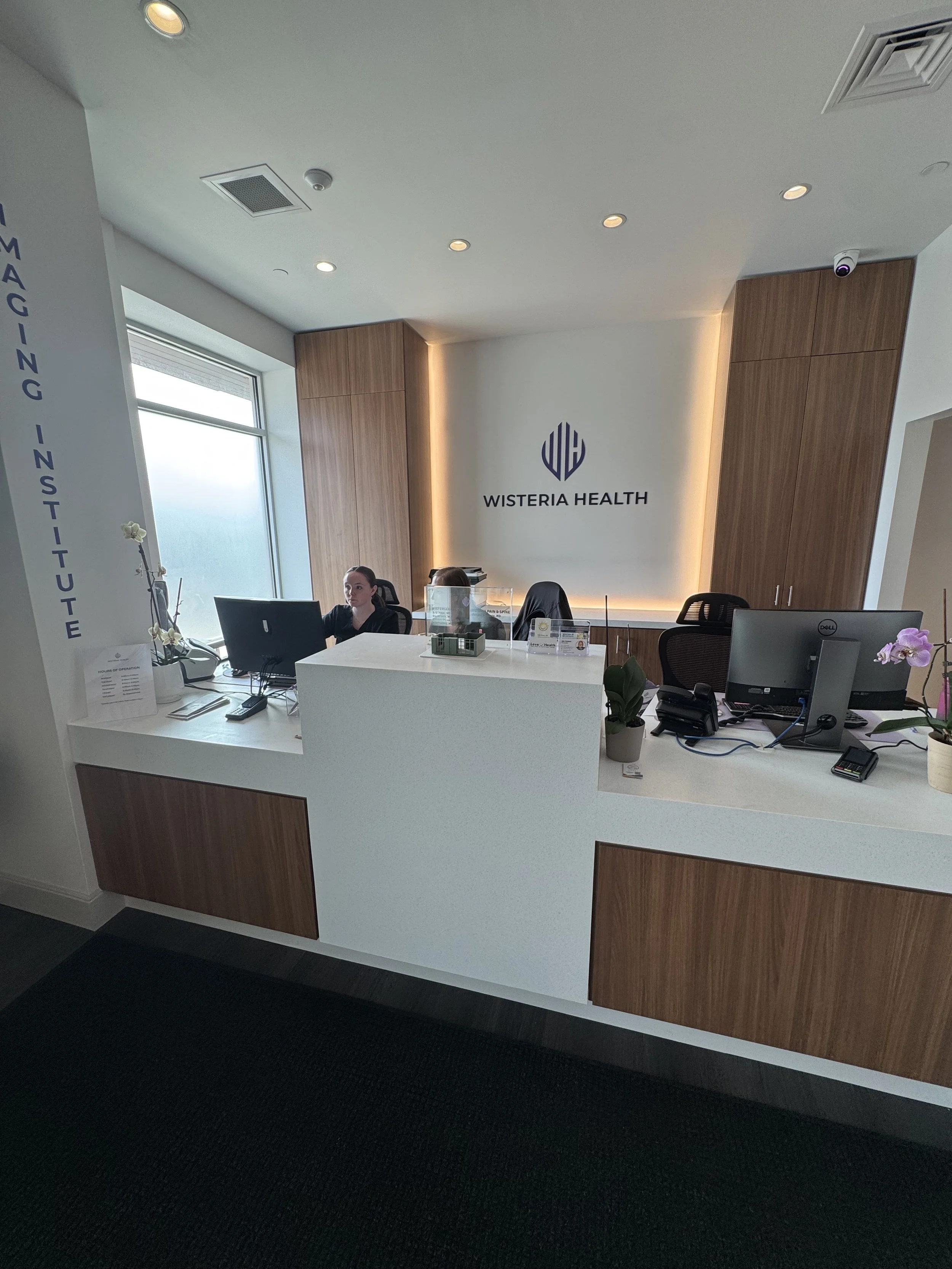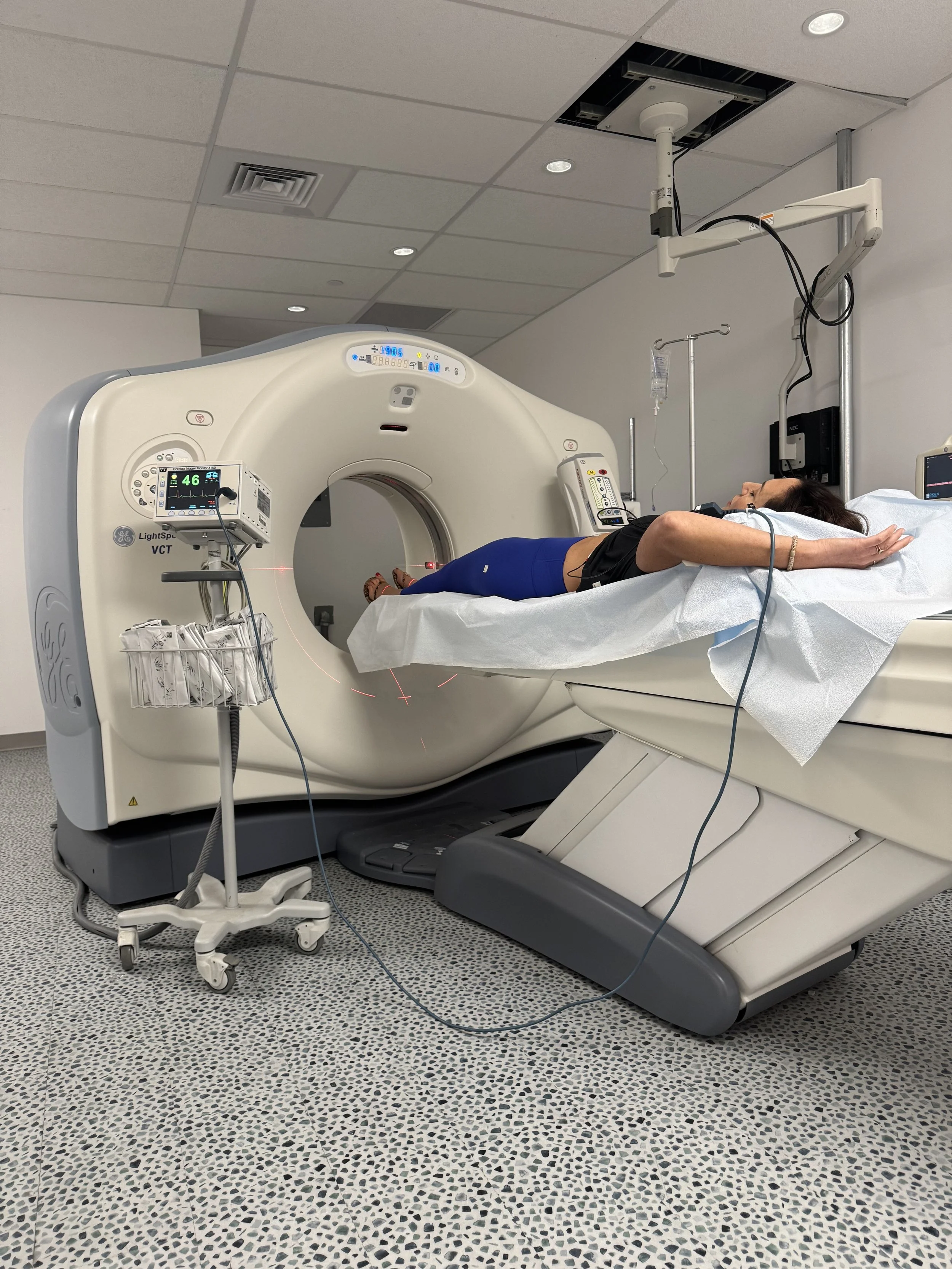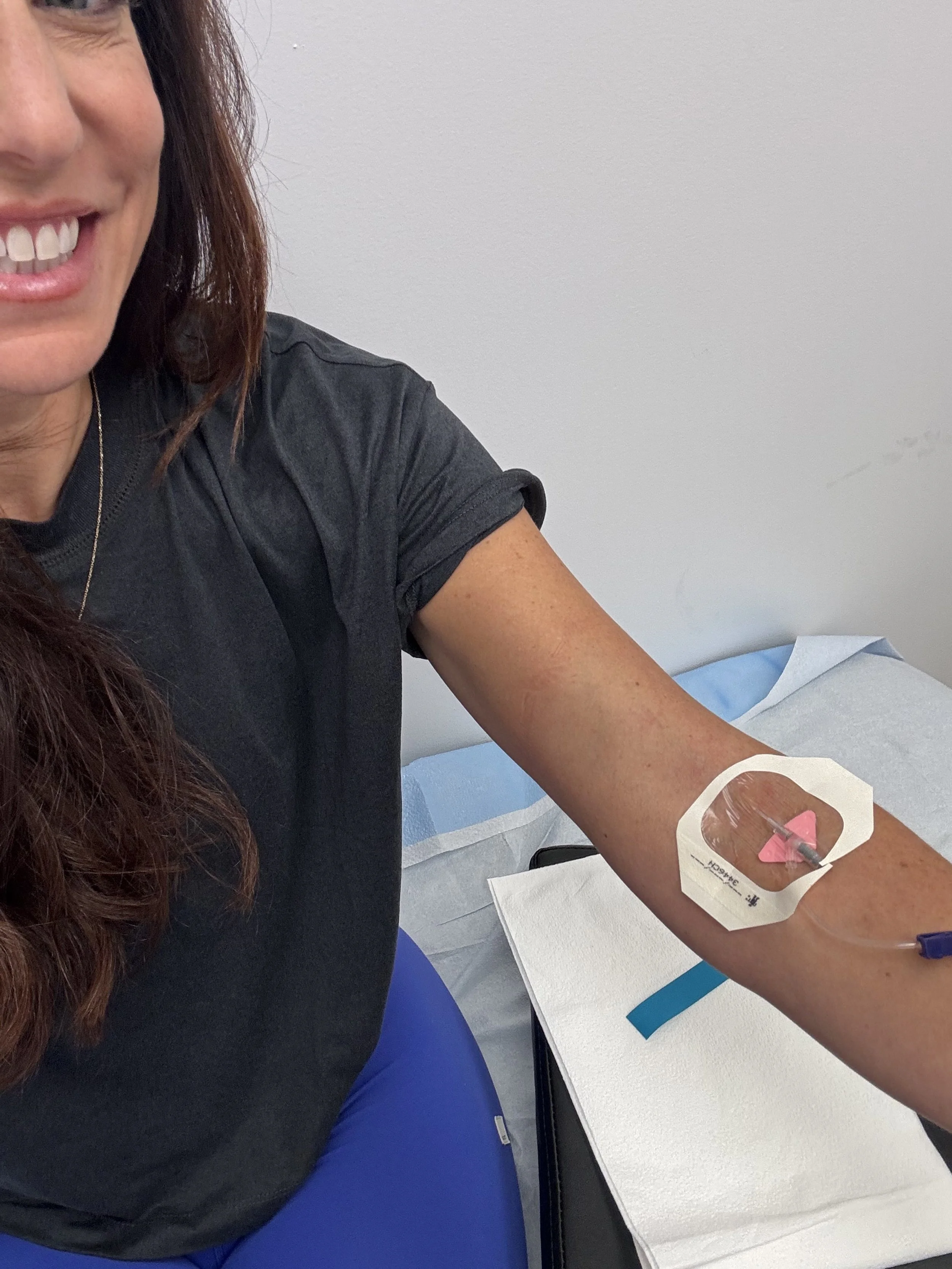Take Back Your Health, Starting with Your Heart
Last year, I declared September as a Back to You month instead of a “back to school” month. And the parents in the audience certainly get it. We have spent all summer cleaning popsicle drippings, organizing playdates and day trips, washing wet bathing suits and applying sunscreen to squirming little bodies. And guess what, it’s time for those little bodies to get back to routines, out of the house and out of our hair from 9am -3pm! So September is a perfect time to get back to YOUrself. Make those doctor appointments. Start a new exercise routine. Create healthy habits. And take back your days!
With that, comes the opportunity to focus on our own health. I spent the last weeks of summer running my kids around to their doctors’ appointments before they headed back to school. But now it’s time for me and my own appointments. Last year when I decided to take September back, it was on the heels of losing a family member to a heart attack from an unknown heart issue. As a parent, we’re so focused on our kids and their health and happiness that far too often, we neglect our own health and happiness, with devastating results sometimes. This was an eye opening shift for my family, who began prioritizing their own health again.
So I decided to pass that revelation along to you all by making September on the blog a month to focus on health and wellness. And I am so fortunate to be in a position where I get to learn about all the amazing new wellness technologies out there. Of course, I’m checking them all out and sharing my thoughts with you this month to help this community become the healthiest and happiest versions of ourselves.
First up, is one of the coolest and most innovative things I have seen to date and something you all need to know is available right here in our area, thanks to Dr. Eric Addo and his center, Wisteria Imaging. Wisteria Imaging, in Cheltenham PA, is a state of the art diagnostic imaging and pain management center. And recently, Wisteria Imaging partnered with HeartFlow to bring patients a brand new, non-invasive way to look at the workings of their heart using AI technology. This heart scan shows your arteries in 3D to measure blood flow, detect plaque and look for blockages. A CT scan alone shows the anatomy of the heart. But now, when paired with the latest AI technology from HeartFlow, this test gives the doctor a detailed look into the function of the heart, providing more relevant information about the patient’s heart health and more accurately predicting the risk of heart disease or other cardiac issues.
Of course, I had to check it out so last month I ventured to Cheltenham to have the CT Scan with HeartFlow done. By way of background, I do have a heart condition that clearly does not affect my activity level. I’ve had it monitored by a cardiologist for my entire adult life and haven’t had to do anything else for it. While my issue is with one of my valves and not my arteries, I was still particularly interested to see what the results of my scan would show.
Although this test is noninvasive, there is some preparation that’s required. For one, I was not allowed to have any caffeine for 24 hours before the test. This is because your heart needs to be slow enough for the scan. If your heart is beating too fast during the test then the motion will interfere with the imaging. And caffeine will obviously raise your heart rate, so I had to skip my morning cup that day. If you come into the office with a high heart rate— because nerves can and will play into this— you’ll be given beta blockers (Metoprolol Tartrate) that safely lower your heart rate, usually in under an hour. When I came in, my heart rate was a little high so I got a low dose of the medication and just relaxed in the comfortable patient room. You also need to stop eating a few hours before the test because some of the medication can cause nausea. Other than that, they recommend drinking lots of water to stay healthy and hydrated during the scan.
After a full assessment from one of the knowledgeable nurses, I was handed over to the CT techs who helped prepare me for the scan. If you’ve ever had a CT scan before, you know that it can be a little intimidating to roll into this massive machine, but unlike an MRI, you are not fully enclosed which was reassuring. The HeartFlow rep and a physician were also present in the imaging room during the entire test.
I got a sublingual tab (Nitroglycerin) under my tongue right before we started. This medication dilates the coronary arteries for the best view. After the initial images, the test is then done with contrast (Omnipaque 350 is the type of contrast used). When contrast is injected into the bloodstream it makes the blood vessels, particularly the coronary arteries, appear dense or bright on the scan so the radiologist can easily see areas of narrowing or plaque. The contrast is delivered via an IV and feels like a warm rush from head to toe that lasts for a few seconds. The whole test took about 30 minutes. I tried to just chill out and pretend I was at the spa. To see what having this test actually looks like, watch this.
My results were examined by a board certified radiologist and delivered to my inbox the next day. From there, my cardiologist can review the test and determine my next steps (such as lifestyle changes, surgery or a stent), if any. Fortunately for me, my test showed a healthy heart and nothing further was required.
So who would want to do this test? Anyone looking to gain full insight into their heart health. There is not a more comprehensive way to learn about your heart than with this CT with HeartFlow AI imaging. Those with a history of heart disease, high cholesterol, high blood pressure, diabetes, a smoker or anyone with a low to intermediate risk of heart disease are great candidates. To schedule a CT with HeartFlow, a physician’s referral is required, and most insurance plans will cover this test. But please give Wisteria Imaging a call at (445) 300-7313 if you have any questions about this part. They’ll be able to assist you with the entire process. After the test, I felt totally fine, but I did skip the workout that day because of the medication.
Another option that is quicker and requires no prep, IV or medication but also promotes the heart health program at Wisteria is the CT Calcium Score. Although not as sensitive in diagnosing coronary artery disease, this is a good tool to determine if someone has an increased risk for heart disease based on the patient’s age, gender and other risk factors.
In my opinion, there is nothing hotter than a healthy heart.
*This is a sponsored post.





